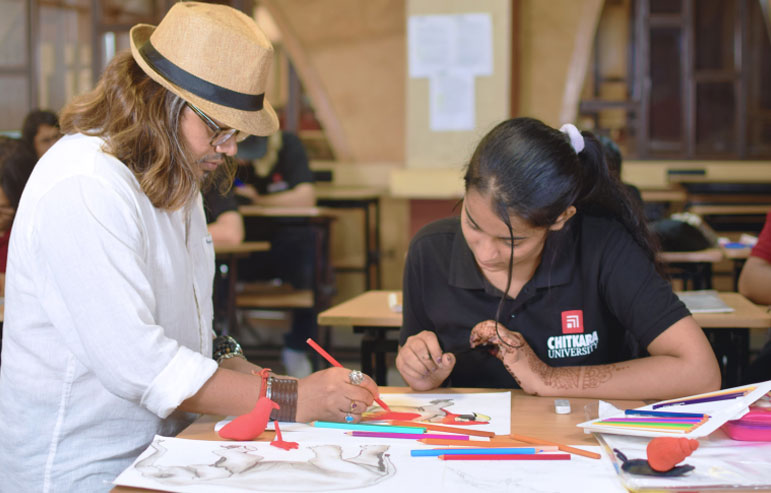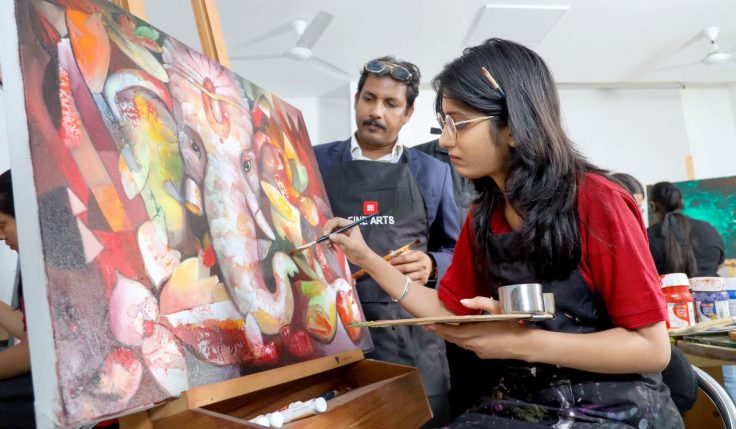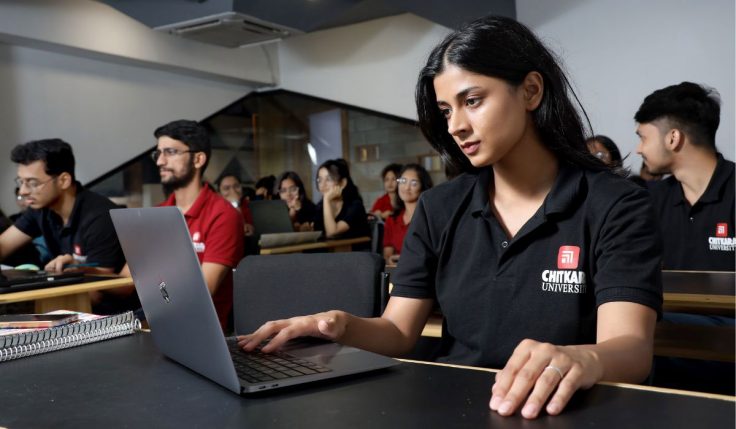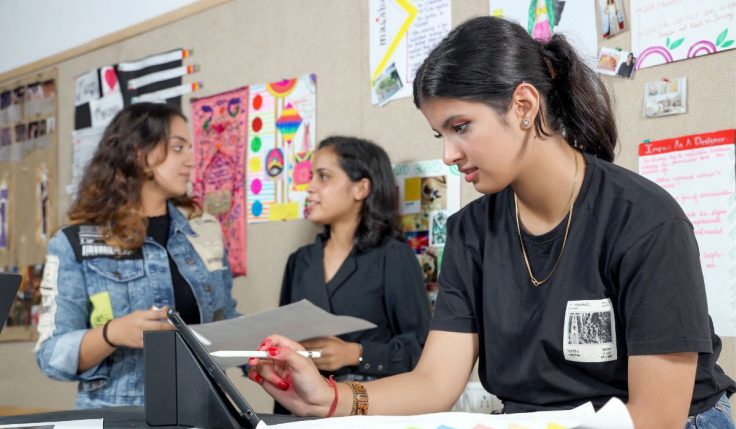Art is linked very closely to the fundamental sense of self. Artists use various forms of expression to convey a feeling, state of society, depict critical moments in history or a perspective through space and time. Art has always been a creative way to preserve history, presenting various views and scenarios through the ages. Art has also been instrumental in being the harbinger of change in society, bringing forth opinions that stood out and questioned the status quo.
What is the impact of art on society?
Art acts as a collective memory of society. Through expressive outlets such as paintings, sculptures, music, literature and other art forms, artists preserve life as we know it even better than historical fact-based records. Art expresses how it felt to exist in a particular time. Ancient artists showcased their daily lives in the form of cave paintings and petroglyphs in Bhimbhetka, Venus of Berekhat Ram, and others around the world. These expressive outlets showcased life hundreds of thousands of years ago in its most accurate form.
Art is also communicative—it helps people from various cultures understand and communicate with each other through songs, pictures and stories. People often relate to other societies and cultures through their artistic representations. An excellent example of this is people connecting images of barn houses and windmills to Holland and of the Taj Mahal to India.
Art is often a preferred vehicle for social change. Governments use murals, paintings, sculptures, drama, movies and songs as propaganda material to change public opinion and launch public informational campaigns. For example, the Government of India often uses murals and paintings to discourage open defecation, foeticide, tree felling and other societal ills. The U.S. army used the slogan “I want you for U.S. Army” along with a photo of “Uncle Sam” as a popular recruitment drive poster.
In addition to the above, art often brings historical moments to life through motion pictures such as Schindler’s list, the Pianist, Border, Lagaan, and many others. Such art forms profoundly impact us and are a powerful way to stir public opinion.
“These intrinsic effects enrich individual lives, but they also have a public spillover component in that they cultivate the kinds of citizens desired in a pluralistic society. These are the social bonds created among individuals when they share their arts experiences through reflection and discourse, and the expression of common values and community identity through artworks commemorating events significant to a nation’s (or people’s) experience.”
— McCarthy et al (2004) ‘Gifts Of The Muse’
Why should I study art?
Art is beneficial for us as it fosters our natural need for self-expression and fulfilment. Additionally, learning an art form makes it economically viable, helping us create, manage and distribute art while employing many people in the process.
Studying arts in its various forms opens up a world of opportunity. Avenues such as graphic design, web design, fashion design, art therapy, movies and television, cultural exchanges and the entertainment industry are consistently on the lookout for talented artists.
Additionally, artists can find employment as sculptors, U.I. and UX designers, illustrators, animators, art curators, art teachers, art directors, 3D modellers, photographers, research scholars, forensic art experts, and sketch artists.
Preparing for a career in the arts
Undergraduate, postgraduate and doctoral courses in arts at Chitkara Design School provide an excellent platform for budding artists to showcase their talent to the world. Equipped with the techniques, nuances, and industry-relevant creative and cognitive skills, these courses will help you quickly pursue an artistic career of your choice.
Unlike many aspects of work, art and creativity are globally relevant. The integration of art within businesses provides a platform for the arts to do the talking on a global level. Since art is open to interpretation, the platform it gets integrated with can be multiple and opens a world of possibilities for art students the world over.
Networking is a very prominent and crucial part of the art industry and helps artists to gain insights from peers. Programmes like fine arts enable one-on-one interactions with peers from various specialisations. Exposure to varied perspectives helps evolve artistic tendencies and provides ample food for thought, essential for creative expression.
Art is all around us. You experience art while walking through the city, listening to the radio, or driving your car. Every tangible man-made object you see or touch results from an artist’s vision. Artists provide creative, intellectual and emotional insights into society at large, impacting the masses and challenging the status quo. Art helps cultures unite and boosts economic growth—helping the world become a prettier, better and happier place to live in. This is why art is known as the highlighter on the text of life.






